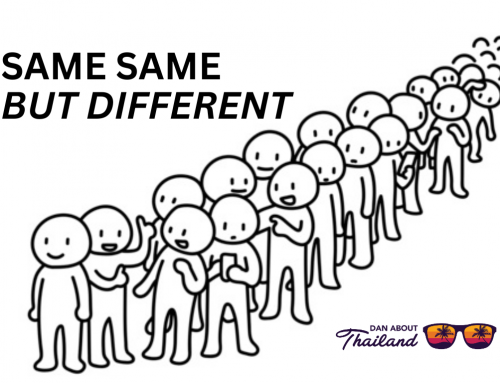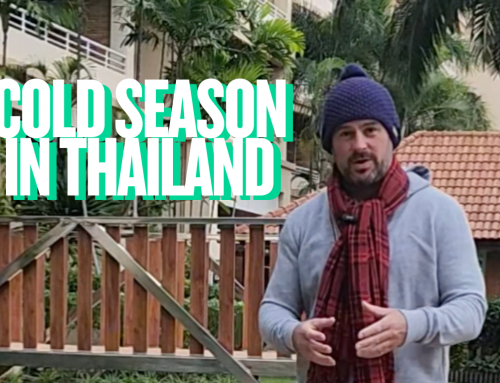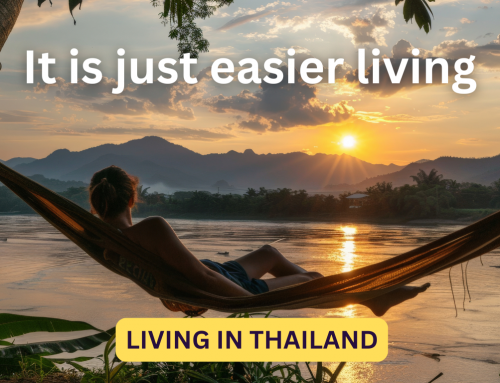Some expats in Thailand “go native” — meaning they adopt many local customs, habits, and social norms — because they find the Thai lifestyle deeply appealing and liberating compared to their home countries. The slower pace of life, strong sense of community, and emphasis on harmony and politeness can be refreshing for those coming from more individualistic or high-pressure societies. Daily conveniences such as affordable food, easy access to healthcare, and friendly locals create an environment where integration feels natural rather than forced. Over time, this comfort can shift from appreciation to full cultural immersion.
Another reason is the psychological desire for belonging. Many long-term expats move to Thailand not just for the weather or cost of living, but to escape dissatisfaction with Western systems — whether social, political, or economic. By adopting Thai customs, speaking the language, or following Buddhist practices, they gain a sense of identity and community that may have been missing before. This “rebirth” can be deeply fulfilling, particularly for those who felt alienated back home. It’s less about rejecting their roots and more about finding peace and meaning in a new cultural framework.
However, going native can also be a form of overcompensation or escapism. Some expats may overly romanticize Thai culture while distancing themselves from other foreigners, sometimes even becoming critical of their own countrymen. This can stem from a desire to prove authenticity or superiority — “I’m not like the typical expat” — rather than from genuine cultural understanding. Such attitudes can create social tension and occasionally lead to disillusionment when they realize that full acceptance in Thai society remains difficult without deep linguistic and cultural fluency.
Ultimately, the decision to go native reflects both personal values and psychological needs. For some, it’s an admirable journey of adaptation and respect; for others, it can become an identity trap or a way to avoid unresolved issues from back home. The healthiest path often lies in balance — embracing the best of Thai culture while retaining the grounding values and perspective from one’s own background. That balance tends to produce the most content and well-adjusted expats in the long run.
Let Dan know where you need help and he will send you recommendations and help you get set up
Subscribe to Newsletter










